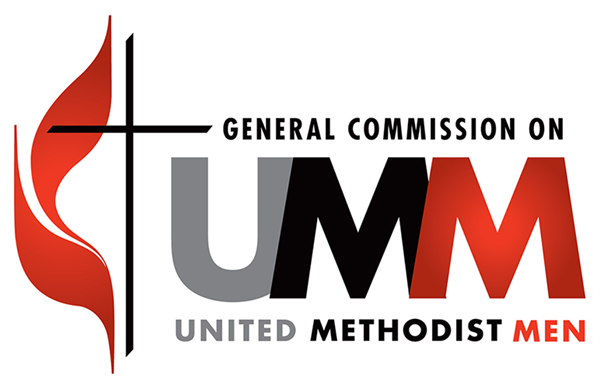“By day the Lord commands his steadfast love, and at night his song is with me, a prayer to the God of my life.” —Psalm 42:8, NRSV
In March 2021, Gil Hanke, former top executive of the General Commission on United Methodist Men , hosted a Zoom conference with leaders of men’s ministry in three African American Methodist denominations.
The four men set their theological compasses to John and Charles Wesley as they focused on race relations and shared where they see hope.
Unlike past efforts, where people made promises they couldn’t—or wouldn’t—keep, one participant said, “It’s different now; there is real follow-up. [People] agree on action steps and hold each other accountable.” They put together a “political statement” that gives direction to their combined communities.
Hanke asked for summary statements of the conversations: “Trust your heart and get ready for change.” “Retool your mind for a new norm.” “Don’t try to be color blind. You never will be able to empathize completely. We do have a different experience. But you can show compassion and take personal responsibility for your current actions.”
As the call concluded, one participant expressed gratitude. “If God wanted me to be single-minded,” he commented, “I never would have met you three.”
Thanks to congregational support through the World Service Fund , the General Commission on United Methodist Men coordinates and provides resources for men’s ministry within the denomination. “Men’s ministry,” says the Book of Discipline, “leads to the spiritual growth of men and effective discipleship. This purpose is served as men are called to model the servant leadership of Jesus Christ.”
Adapted from “A Conversation about Hope with My Colleagues in Men’s Ministry,” Gil Hanke, UM Men magazine, Summer 2021, and Book of Discipline 2016, Paragraph 2302.
Children’s Message
Do you love apples? Did you know that 2,500 varieties of apples are grown in the United States? The three most popular are Red Delicious, Gala and Granny Smith.
While different apples have different colors (red, green and yellow), textures (crunchy or not) and flavors (sweet, sour and in-between), they look alike when they are peeled.
That’s a lot like people. No matter what color we are on the outside, we are much the same on the inside. Some of us are shy, while others never met a stranger. Some of us are creative and artistic. Others excel at sports. And God loves every one of us.
No matter what color we are on the outside, God loves us all the same. Isn’t that great?
Offertory Prayer
Loving God, thank you for the ministry and the nurture of United Methodist Men. Strengthen them as they serve in our churches and our communities. We love you. Amen.
From Discipleship Ministries: Second Sunday after Pentecost — God of power and might, as we offer our gifts to you this morning, we remember how dependent we are on your love and mercy for every good and helpful thing in our lives. We affirm in our giving that all the money and possessions in the world cannot rescue us from the demons that torment and tug at us every day. When we’ve tried to fix things on our own, we have failed; when we put our trust in your loving power made known to us in Christ, we have found our lifeline. Dedicate these gifts and our lives, that we might not only find our way but lead others toward Jesus, our rock and our redeemer. Amen. (Luke 8:26-39)
Newsletter Nugget
The Rev. Rich Peck, now in his 80s, grew up in Denver. At the time, the city had four college-prep high schools for white students and one that focused on manual arts for Black students. His experience in a segregated environment influenced his perspective.
“It wasn’t until I attended college,” he recalled, “that I had the opportunity to have a few Black friends who helped me understand they were just as smart (and often smarter), but because of institutional racism, they did not have the same advantages as I did.”
Graduating from seminary, Peck moved to New England where, again, he encountered institutional racism. “For the first time,” he said, “I made a timid response to a call for racial equality.”
And, today, as people of all ages and colors demonstrate against racial injustice, Peck shared his hope and prayer that such actions “will take another step toward creating a community with justice for all.”
Adapted from “Growing Up with Institutional Racism,” Rich Peck, UM Men magazine, Summer 2021. Used by permission.

